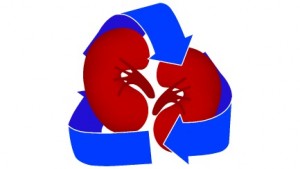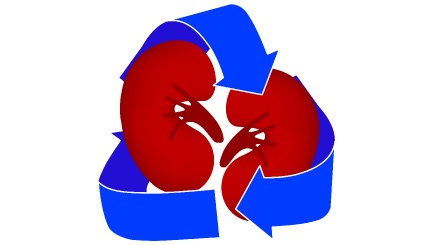US Ready to Lift Ban on HIV-Positive Organ Donations
 The ban on organ donation from HIV positive people in the US is one step closer to being lifted after a vote by a Senate committee in March 2013. The Senate Health, Education, Labour and Pensions (HELP Committee has approved the HIV Organ Policy Equity Act, S 330, known as the HOPE Act).
The ban on organ donation from HIV positive people in the US is one step closer to being lifted after a vote by a Senate committee in March 2013. The Senate Health, Education, Labour and Pensions (HELP Committee has approved the HIV Organ Policy Equity Act, S 330, known as the HOPE Act).
HIV-positive organ donation has been banned in the States since a 1988 amendment to the National Organ Transplant Act and even conducting research using the organs of HIV-positive individuals is illegal.
However, the new act has the support of both Democrat and Republicans in the Senate and if it becomes law, it would allow the organs of HIV-positive people to be donated to recipients who also carry the virus. More importantly, it would also allow researchers to explore the risks associated with such organ donation.
The LGBT charity Human Rights Campaign says the HOPE Act will remove an outdated and harmful barrier to lifesaving transplants.
The treatment of HIV and AIDS has shown amazing progression in the 25 years since the ban on organ transplants was put in place but the number of HIV-positive people who need liver and kidney transplants in particular continues to grow. At the moment there are around 100,000 people awaiting life-saving organs in the US and lifting the ban on HIV-positive organs would instantly make hundreds of organs available every year for HIV-positive people, possibly saving up to 1,000 lives a year.
Republican Senator Tom Coburn, who is also a doctor, introduced the HOPE Act with Democratic Senator Barbara Boxer. He believes advances in science, treatment and understanding of both HIV and AIDS mean the time is right to change the law. He also said allowing HIV organ transplants could reduce the cost of health care for patients.

Comments are closed.